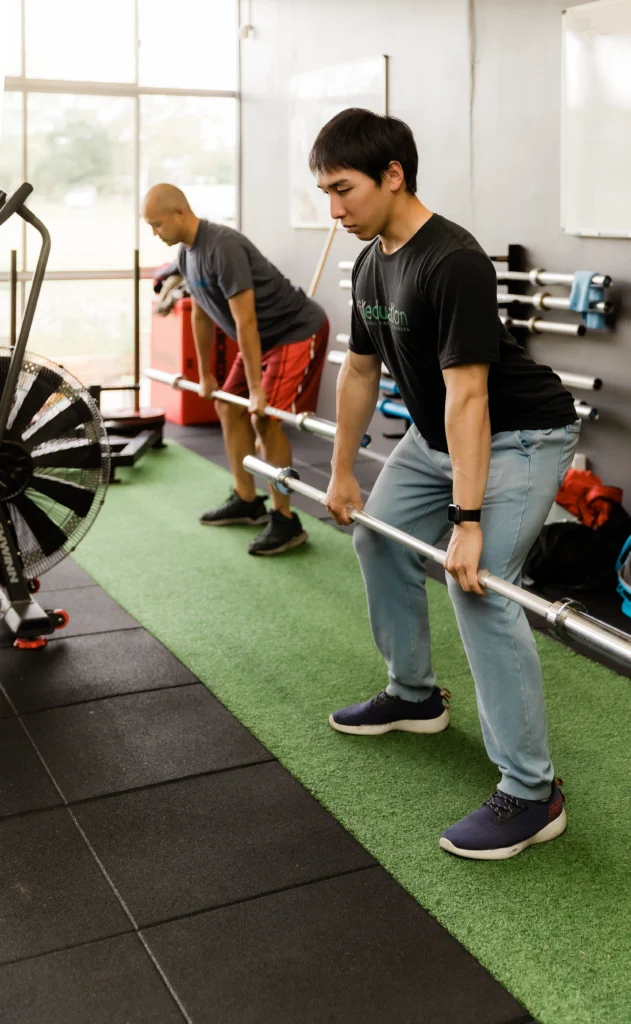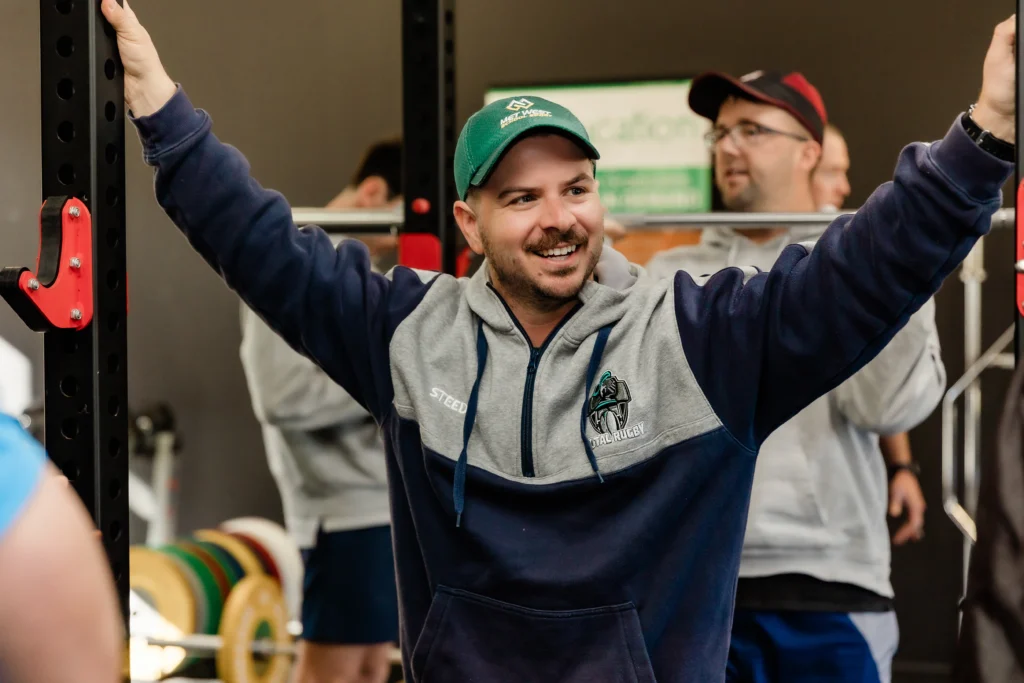Steve Nance.
As a fitness professional with decades of experience, I’ve been asked this question countless times. The best answer I can give is that winning is often seen as the ultimate benchmark of success. However, merely competing and surviving in a competition where the odds are stacked against you can also be a significant achievement.
In this blog post, I’ll share my experiences from various professional sports clubs, including insights into why some teams excel while others fall short.

My Professional Journey
Throughout my career, I’ve had the privilege of working with numerous sports teams across different disciplines. Here are some of the clubs I’ve been part of:
- Ipswich Jets (1986 – 1987)
- Brisbane Broncos (1990 -1994, 1996 -1997, 2003 – 2005)
- Northern Queensland Cowboys (1994 – 1995)
- Australian Wallabies (1998 – 2000)
- Bordeaux Byles (2003 – 2004)
- London Broncos (2005)
- Fulham Football Club (2005 – 2008)
- L.T.A (2007)
- Leeds Rugby (2008 – 2011)
Before and during these roles, I was also a PE Teacher at Ipswich Grammar, coaching the First XV from 1984 to 1991. During this time, we won the Premiership four times—an impressive feat considering the school has only won it eight times in its history.
The Importance of Team Dynamics
At Ipswich Grammar, our success stemmed from several key factors: decent teams, fitness, and 100% support from the school hierarchy. All the ducks were in a row, as they say. We were successful because everyone was committed and working towards the same goal.
Similarly, at the Brisbane Broncos, we won more games than we lost, securing three Premierships during my tenure. Our success was due to excellent coaching, a high level of fitness, a supportive medical team, and the unwavering backing of the club hierarchy. Interestingly, our facilities were modest—a small, poorly equipped weight room—but it was the quality of our training and the commitment of the players that made the difference.
The Australian Wallabies Transformation
I joined the Australian Wallabies in December 1997, after a challenging year for the team. Under the guidance of Rod Macqueen, we transformed our approach. We traded five-star hotels for a permanent camp at Caloundra, used a small weight room at the local pool, and provided the players with bikes instead of cars.
From 1998 to 2001, we won every single Cup. Why? Because we had excellent coaching, fit players, a strong medical support team, and everyone was aligned with the same vision. Our ducks were all in a row. Our success wasn’t about having the best equipment but about making the best use of what we had.
Lessons from Leeds Rugby
At Leeds, despite financial constraints and a smaller salary cap, we managed to finish eighth in the Premiership. Although some players lacked depth, we competed with the top teams and were recognised as the best coaching staff in the Premiership. This experience reinforced that success isn’t always about winning trophies but about maximising the potential of the resources at your disposal.

The Role of Personal Training Courses
In my current role at Fit Education, I’ve trained hundreds of aspiring trainers. From day one, I can often predict who will succeed based on attributes such as punctuality, flexibility, willingness to learn, appearance, enthusiasm, and energy. These qualities are nurtured through education and mentoring, which provide the knowledge and skills needed to excel in the fitness industry.
The Essentials of Success
Reflecting on my career, it’s clear that success in sports comes down to a few key factors:
- Team Dynamics: Success is achieved when all team members and staff are committed to the same goal. This includes fostering a sense of friendship and ensuring open communication channels within the team.
- Fitness and Conditioning: Well-conditioned athletes perform better, highlighting the importance of rigorous training programs. Fitness training programs need to be consistent and tailored to the needs of the athletes.
- Support Systems: A strong support team, including medical staff and coaches, is crucial. This team ensures that athletes are physically and mentally prepared to compete at their best.
- Adaptability: The ability to adapt and make the most of available resources, regardless of how modest they may be. Successful teams often innovate with what they have, turning limitations into strengths.
- Education and Training: Comprehensive training programs, like those offered at Fit Education, prepare individuals for success by instilling essential attributes and skills. Continuous learning and development are critical for staying competitive.
Personal Reflections
Looking back, some of my most memorable moments came from unexpected places. For example, during my time with the Australian Wallabies, the simplicity of our training camp at Caloundra brought the team closer together. Without the distractions of luxury, we focused on our goals and supported each other through every challenge.
Another standout experience was at Leeds Rugby, where financial constraints forced us to be resourceful. Despite having half the salary cap of our competitors, we built a team spirit that money couldn’t buy. We celebrated small victories, knowing that our effort and determination were just as important as any trophy.
Success in sports is multifaceted. It’s about winning, but it’s also about competing, adapting, and maximising potential. Through my experiences with various sports teams and now with Fit Education, I’ve seen firsthand how personal training courses play a vital role in achieving these successes. By focusing on the right training and education, we can ensure that all the ducks are in a row, leading to success both on and off the field.
RELATED ARTICLES:
Programming For Sports Specific Training

One Response